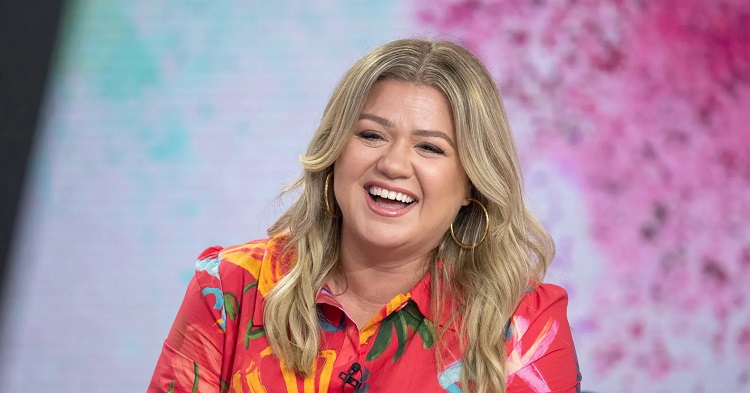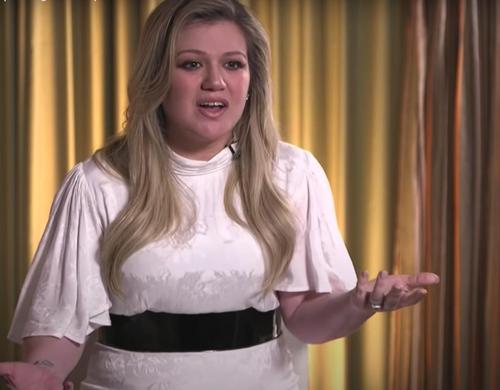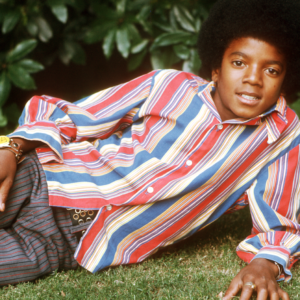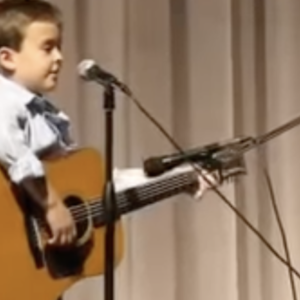

Kelly Clarkson, a prominent figure in the pop music world, has recently sparked a heated debate with her candid remarks on parenting. Known for her powerful voice and numerous chart-topping hits, Clarkson’s fame began with her victory on “American Idol” and has continued with multi-platinum albums and a successful career. Despite her professional achievements, her personal life, particularly her approach to parenting, has garnered significant attention.
Following her high-profile divorce from Brandon Blackstock, Clarkson has been open about the challenges she faces as a parent. In a 2022 interview with Variety, she discussed how the divorce has shaped her parenting style. She emphasized the importance of honesty and vulnerability, explaining that she strives to be open with her children, River and Remington, about the emotional complexities of their family situation. Clarkson believes that sharing these struggles helps her children develop a deeper understanding of human emotions.
However, it’s her views on discipline that have ignited a firestorm of controversy. Clarkson admitted to using corporal punishment as a form of discipline, a practice widely contested by child development experts and organizations like the American Association of Pediatrics. While many conservatives argue for traditional disciplinary methods, the debate over spanking remains divisive and emotionally charged.
Defending her stance, Clarkson cited her upbringing in the South, where spanking has been more widely accepted. While some conservatives may relate to this cultural perspective, others argue that it is essential to adapt parenting practices to evolving societal norms and scientific findings. The debate extends beyond the effectiveness of spanking as a disciplinary measure. It delves into questions of communication, empathy, and the long-term effects of physical discipline on children. Studies, like one conducted by Tulane University, suggest that spanking could lead to increased aggression in children in the long run, challenging the notion of its effectiveness.
Clarkson’s willingness to stand by her parenting approach despite societal scrutiny shows her resilience in navigating the complexities of being a working mother in the spotlight. Balancing a successful career in the entertainment industry and being a devoted parent is no easy task, and Clarkson credits her “great team” at NBC and the support of fellow parents and women in similar positions.
Conservative audiences have been divided over Clarkson’s unconventional parenting methods. Some argue that her honesty about corporal punishment opens up a much-needed dialogue about different parenting styles and cultural practices. For those who support traditional disciplinary measures, Clarkson’s unapologetic approach provides validation for their beliefs.
On the other hand, critics insist that the evidence against spanking is too compelling to ignore. They advocate for alternative disciplinary strategies that focus on positive reinforcement and communication, fostering emotional intelligence in children rather than resorting to physical punishment.
In the end, Kelly Clarkson’s journey through fame, motherhood, and personal growth serves as a reflection of the broader societal changes and challenges faced by working parents. Her authenticity as an artist and a mother has endeared her to many, despite the controversies she has faced. As the debate over parenting practices continues, conservatives find themselves at a crossroads, grappling with the clash between traditional values and the evolving landscape of child-rearing. While Clarkson’s approach may not align with the views of every conservative, her willingness to engage in this conversation highlights the importance of finding common ground and understanding different perspectives in the pursuit of raising well-adjusted and empathetic children.





